‘No One’s Got A Crush On Peter’ and More from the Forgotten Spider-Man Rock Opera
It was 1975 and the world needed a superhero’s prog-rock anthems.

It’s not easy being Spider-Man. (Photo: Joel Kramer/CC BY 2.0)

Sure, Spider-Man: Turn Off The Dark, the 2011 Broadway musical, might seem like it was the strangest musical adventure involving Peter Parker. It was cursed before it opened, with a notoriously troubled production that saw its performers sustain serious injuries; the most costly price tag in Broadway history; and repeated rewrites due to scathing reviews. After the longest preview period in Broadway history (182 performances), New York Times critic Ben Brantley wondered, “So is this ascent from jaw-dropping badness to mere mediocrity a step upward?”
But that would be ignoring—or perhaps forgetting—the hero’s introspective 1970s rock opera, Rock Reflections of A Superhero.
This prog-rock concept album, released in 1975, revisited some of the most important moments in the life of Spider-Man and a few of his memorable villains, all held together with original narration by Stan Lee himself. Covering a wide-variety of musical styles ranging from groovy psychedelic rock, to throwback doo-wop, the album is a little-remembered gem that continues to stand out as one of the strangest, ambitious bits of comic book ephemera ever made. It’s ridiculous, and yet deeply evocative of the Lee-infused style of 1970s Marvel.
To create the record, which was originally released simultaneously on vinyl, cassette, and eight-track, Marvel got together with famous Jim Croce producer, Tommy West and his new recording label, Lifesong Records. For the actual writing and performing of the songs, West’s label enlisted members of virtuosic West Virginia rock band, Crack the Sky, who had just been signed to the label for their first, self-titled album.
Maybe because of this rock-and-roll pedigree, the album as a whole is surprisingly light on super-heroics. It’s downright emo. Mainly comprised of songs from the perspective of Peter Parker as he struggles with his dual role as both high-school student Parker, and the friendly neighborhood Spider-Man, titles include “Square Boy” and “No One’s Got A Crush On Peter.” To give an idea of the level of rhyming and wordplay on offer in the songs, the webslinger’s origin story is explained by this lyric poem from “Peter Stays and Spider-Man Goes”:
“And a spider’s web / flew through the air. / And it landed on Peter Parker / who didn’t even know it was there.
As Spider-Man I learned about / all those tangled webs we weave. / As Peter, I wanna live my life / and it’s either him or me!”
In the back half of the record, the songs delve into a bit more of Spider-Man’s exploits, devoting an entire song to a nightmare where Dr. Octopus has finally taken over the world. One of the flat-out strangest songs on a pretty strange album, Dr. Octopus’ rallying cry has the villain threatening Marvel heroes from the Avengers to the Silver Surfer, while what sounds like a stadium chorus of henchmen chant his name in the background. “Hey na! Dr. Octa! Dr. Octa-pus!”
As the album subjects get more action-packed, Stan Lee’s narrative interludes also become increasingly purple. Describing the iconic moment from The Amazing Spider-Man #121-122 where Spider-Man was unable to catch Gwen Stacy, he memorably intones, “Play with the fear! Roll it around on your tongue! Savor the fateful, fascinating flavor!” for peak Stan Lee.
Rock Reflections ends on a downbeat ballad called “Time Will Show Me The Way,” that is all about Parker learning to grow past Gwen Stacy’s death. Not exactly the rousing hero’s anthem one might expect from the rock-and-roll adventures of Spider-Man, but a fitting end given the shoegazing nature of the rest of the album.
The album’s artwork was a special treat all its own. Featuring original design work by comic book legend John Romita, the front cover shows Parker standing in front of a mirror that is reflecting Spider-Man in a bit of on-the-nose fictionalization of the album’s themes, but the back cover has a more playful collection of images, showing a bizarre line-up of Marvel heroes who played the backing band. There’s Thor on trumpet! Conan and The Barbarians (a licensed Marvel property at the time) on strings! And The Falcon on “handclapping.”
Somehow this innovative mix of emotion and cross-platform synergy failed to energize the masses. Rock Reflections of a Superhero was only Lifesong’s second release in the mid-’70s, and didn’t seem to receive much promotion beyond a full page comic book ad that touted the album as, “The Biggest Rock Event of the Decade.” This ad was actually produced by a New Jersey comic store who provided the album through their mail order catalog.
But like so many flops, this bit of pop culture esoterica has been slowly collecting an audience online. Very slowly. It was reissued in 2000 for the 25th anniversary of its release, and even 16 years later it still hasn’t garnered the kind of rabid cult following that other pop culture orphans like the Star Wars Holiday Special have managed to gain. The album is mainly remembered at irregular intervals when it periodically gets rediscovered by interested music or comic book nerds, before fading back into obscurity. In a way, its forlorn fate is fitting—the album’s inability to hold onto any kind of sustained popularity isn’t so far removed from Peter Parker’s lonely sentiments in the songs.

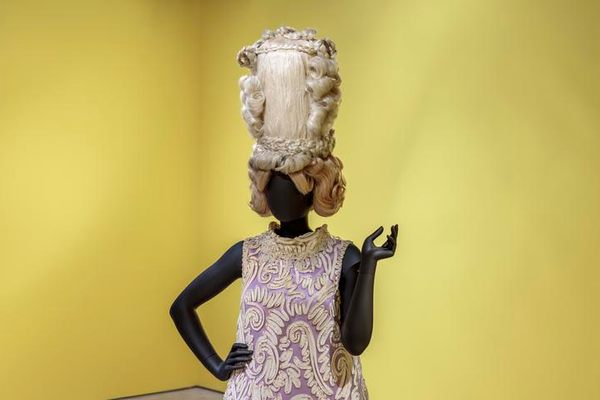
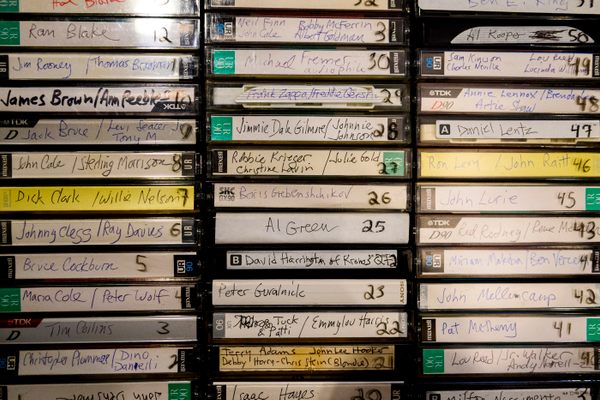


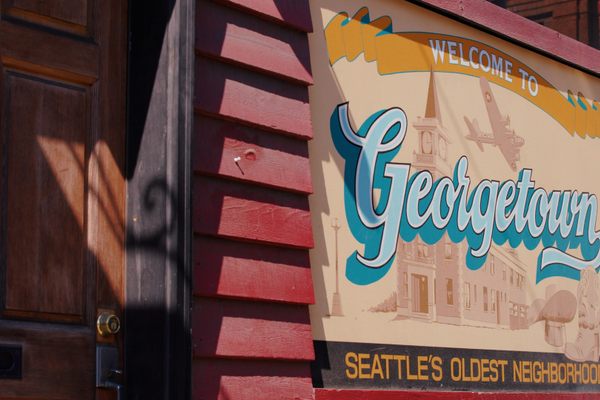
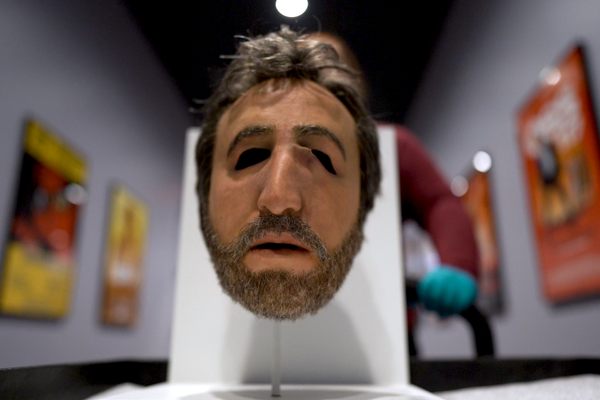

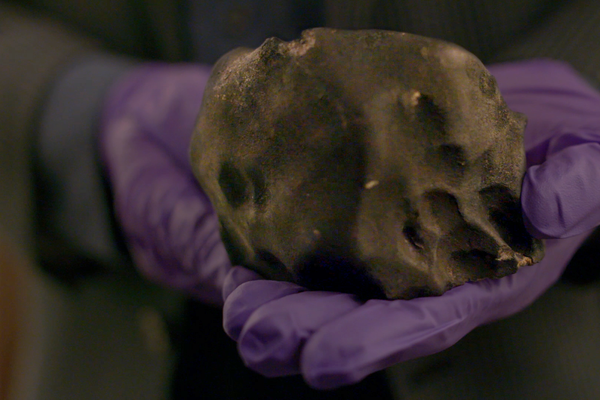


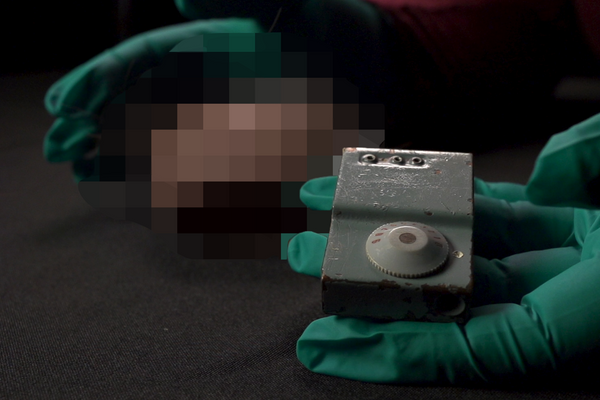


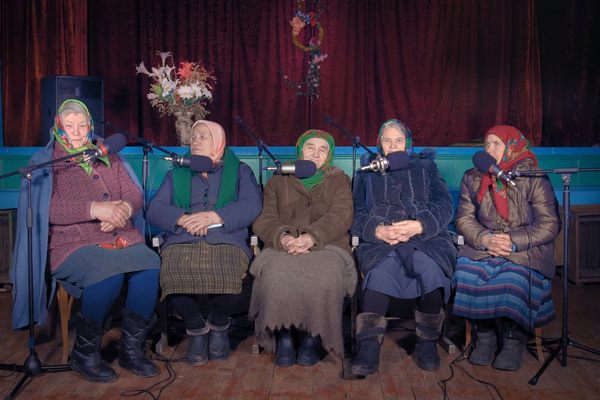






Follow us on Twitter to get the latest on the world's hidden wonders.
Like us on Facebook to get the latest on the world's hidden wonders.
Follow us on Twitter Like us on Facebook